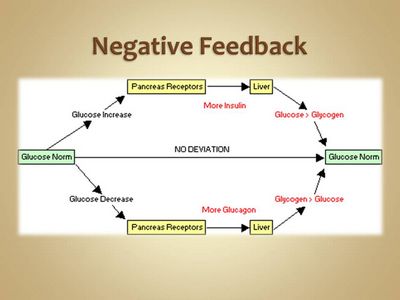Normal sodium levels in the human body are maintained by several mechanisms.

These mechanisms are present at birth, and they can be easily changed as we age. Here are some ways in which normal sodium levels can be altered and why these changes could affect your health in the long run.
The first mechanism in maintaining the normal level of sodium in the body is through salt intake. Salted foods are easier for the body to absorb, and the amount of salt you eat will directly affect how much sodium you actually consume. Over the years, this has caused the average person to eat more salt. Nowadays, more than half of Americans eat too much salt, according to the Center for Disease Control.
This increased salt intake is not only bad for your kidneys and cardiovascular system, but it also affects your blood pressure and other vital organs. Over time, if this trend continues, the effects of lowered levels of sodium in the blood can become more pronounced. Over time, this can cause heart disease, high blood pressure, and kidney malfunction.
The second mechanism in maintaining healthy sodium levels is through water intake. Water is essential for proper electrolyte regulation in the body.

A number of studies have shown that dehydration can lead to a number of health issues, including high blood pressure, kidney damage, and even stroke. While excessive drinking may be unhealthy in its own right, drinking too much water can put your health at risk. It is important to drink enough water on a regular basis to ensure adequate electrolyte levels in the blood.
Sodium intake can also be affected by drugs you are taking. Certain prescription medications are known to increase the amount of sodium in the body. For example, aspirin, ibuprofen, or even Tylenol, these medications increase the amount of sodium in the blood when taken, and the extra sodium in the blood is then deposited in other organs such as the brain and kidneys.
Other factors that affect sodium levels are eating habits. Eating too many fatty, greasy, and fried foods raise the blood levels of this substance. Foods that contain a lot of fat and fatty acids, like junk food, chocolate, and fried food are also high in sodium content, so cutting down on these types of foods may help lower your sodium intake.
The third mechanism in maintaining healthy sodium levels is through exercise. Exercising regularly can improve your blood flow, flush out toxins, and increase your metabolic rate. These actions all help the body get rid of toxins and get rid of waste products more efficiently.
Although these mechanisms are not the only things that can affect your sodium levels, they are the most commonly used and have been proven to be very effective.

As you age, your levels of these substances in the blood and the function of your kidneys may decrease.
Having a good diet and exercising regularly can help you to maintain healthier levels of this substance in your body. However, if you have pre-existing conditions or medical conditions that are related to kidney function, you should consult with your doctor before changing your lifestyle. These conditions may require you to adjust your salt intake and other aspects of your diet.
If you are experiencing any symptoms of hyponatremia, such as nausea, vomiting, dizziness, confusion, or increased heart rate, you should immediately see a doctor because these symptoms could indicate an abnormally low or high sodium levels in your blood. If your symptoms persist for more than a day or two, you should seek emergency medical attention.
If you suspect that your sodium levels may be out of whack, try increasing your fluid intake or reducing the amount of salt that you consume. A diet high in fruit and vegetables can help. You can also add natural supplements, like sodium bicarbonate, to your diet to help you maintain healthier sodium levels. In addition to increasing your water intake, you can also try flushing your system by drinking large amounts of water.
While the above mentioned mechanisms are not all that is available to maintain healthy sodium levels, they can certainly help you maintain your healthy diet. They are great ways to keep your blood levels in check and avoid problems that can cause health issues in the future. Even if you have already developed a problem, it is always best to avoid situations that could exacerbate your condition.